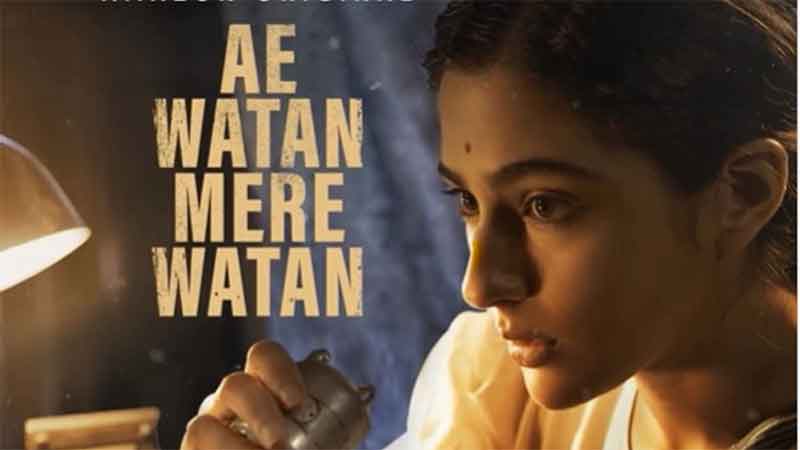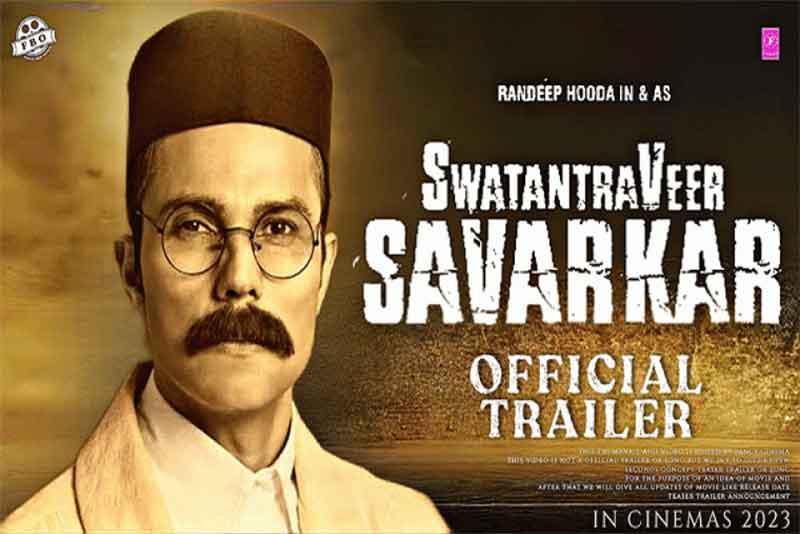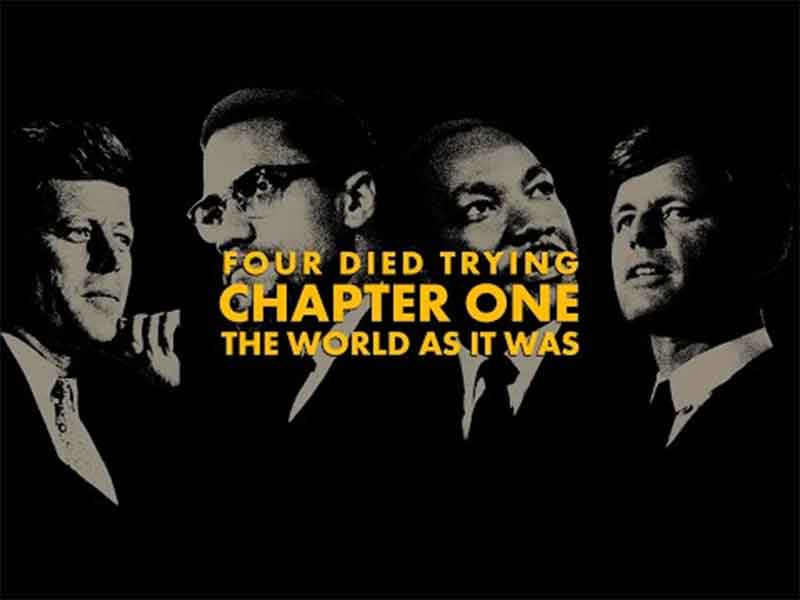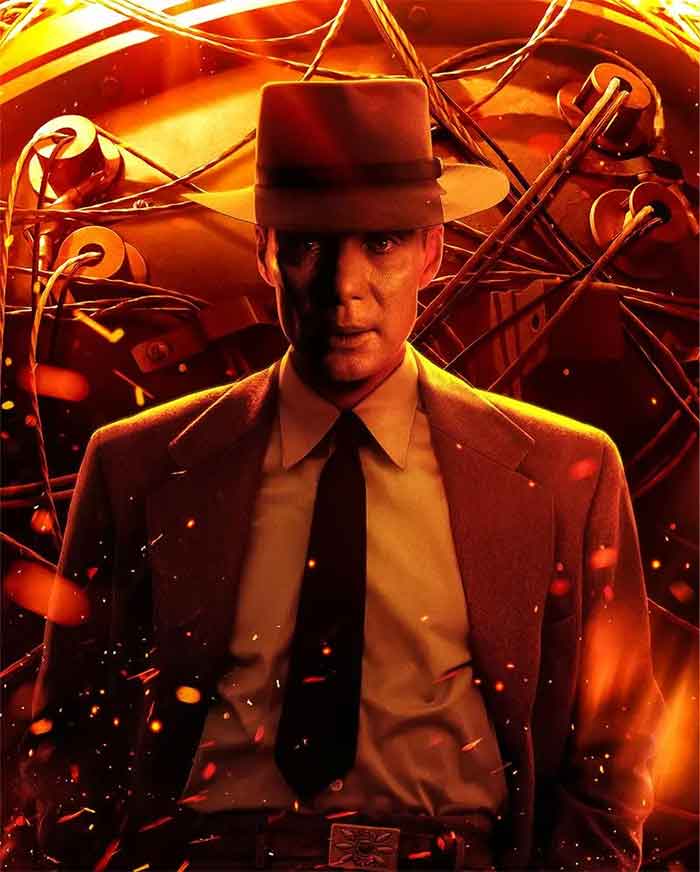
In 2014, Joshy Joseph directed a long documentary called A Poet, A City & A Footballer which won him the Special Jury Prize at the national awards. The film is about juxtapositions, like night and day, abundant life and impending death, energy amidst decay, and silence that shouts to be heard. The film is a meditation on death, but it is also a celebration of life. It has a dramatis personae of at least three, possibly four, not to mention the innumerable incidental presences that flit in and flit out.
Heading the list of attractions is a dying filmmaker who was in his youth a promising poet. Goutam Sen, in his mid-forties, had to leave this world of many deceptions in the prime of his life and career. Sandwiched between Sen and Pradip Kumar Banerjee, better known as ‘PK’, the irrepressible footballer who was nothing less than an icon to thousands of lovers of the game spanning decades and generations, is the city of Calcutta.

A Poet, A City & A Footballer (video, colour/b&w, 105 minutes, 2014) is divided into four chapters of unequal length and consists of diverse subjects united by a pulsating urge to divine life – truthful, hence beautiful – even in dark, rotting corners and crevices. The first frames of the first chapter show Goutam in his hospital room. He is looking out of the window at an ancient, disintegrating building sprouting weeds of time. The view makes Sen say that buildings such as this give him a sense of melancholy; make him feel sad. Immediately after, the film cuts to a group of noisy children running to their seats in their classroom housed in the same building.
Although Goutam’s former companion of several years – a well-known Bengali actress– is not included in the title of the film, she adds meaning and density to the film. The first we see her is when she is reciting a poem by Goutam, written decades earlier when he was a promising poet, a student of Jadavpur University where he studied Bengali literature, and was in the same class as the woman, the actress of years to come. Later, they decided to live together. It was then that she came to know him better in some ways that did not show him in a favourable light. She recites the poem twice, once seemingly in a hurry as if to get over with it, but the director asks her whether she could do it all over again, slower, toned down. She does it, and she sounds better, more effective this time.
One thing leads to another, and she is seen in conversation with the unseen director wherein she says things about Goutam which would, conventionally speaking, sound rather cruel. Indians are an emotional people given to avoiding saying unpleasant things about the dying or the dead. So, the words of the woman can become meaningful to the audience only if its members are prepared to face the truth with a straight face, admittedly a difficult thing to do.
Framed somewhat like an unfinished portrait with a white wall stretching to her right and an open window immediately to her left, the actress hits upon a word – namely, ‘Bohemianism’ – which carries meanings and associations that are not always likeable. Clearly, the actress has no use for the excesses with which bohemian behaviour is often inextricably linked. Judging by her experiences whilst living with Goutam, the actress has a rather dim view of the distance separating the claims from the actual performance of so-called bohemians.
More than one person recites Goutam’s poems in this film. The actress has her own style of delivery, diction, sense of pause, modulation and enunciation. They are those of a trained actress, of someone who grew up in the thick of practice and performance on the stage and the screen. Understandably, however, when Goutam’s father is reciting a poem, the polish is not there, the pace at which he reads out the poem is hurried; but one can make out parental pride in his voice as he recites the lines by his son envisaging a better day for the wretched of the earth.
Aesthetically speaking, the passage where Goutam’s father is reciting the lines, to the visual accompaniment of a waterway at night, creates its own sense of charm. A small boat making its way silently through the waters becomes an object of mystery and curiosity. The serenity of the visual is contrasted with the tumult that the poet imagines in the written lines where he speaks of the need for revolutionary change; of a day when through struggle and sacrifice the have-nots would be better placed to shape their own destiny. This may be said to be a cinematic device that contrasts the seen visual image with the image that is created in the mind’s eye by the thrust of the written lines.
When Goutam’s father is reciting the first poem, he does it with a lot of energy. But the life in his voice recedes when he starts reading a second poem. He is unable to control his emotions after the first couple of lines. He tells the director of his inability to continue. For a father, what can be more cruel than to see himself hale and hearty while his young son is gradually moving towards a point of no-return. There is pathos in the film, but it is judiciously measured. Life is tears, but life is also about hope and remembrance of the good times once spent together. For the old man, life is also about hope that his son will get well soon. As we know only too well, it is this hoping against hope which keeps us going in times of deep despair.
After having failed to finish reciting his son’s poem, the elder Sen remembers certain incidents from the early life of his maverick son. He talks of the time when Goutam was in the habit of taking off for destinations of his choice without prior notice. He would go hither and thither, alone or with friends, collecting adventures, so to say. Once, he brought home a person called Raja who stayed on for four years with the family. It was much later that they learnt that Raja – Raja Sen was his full name – was actually a smuggler and had been using the Sen home as a refuge. But the way Goutam’s parents talk about the fugitive from the law, is to be seen and heard to be believed. Raja, they reminisce, was affectionate and respectful, and left as quietly as he had arrived. This goes to show the unusual company that Goutam kept, making the dying poet a highly adventurous and interesting person.
When I said that the film is a meditation on death and a celebration of life, it is such details about the life and death of Goutam which were crowding my mind. Images like the father reading out a poem by his son that speaks of revolutionary change, or the same father being unable to continue reading a second poem because he finds himself emotionally overwhelmed – these are pointers to the elevated ‘games’ that life and death are often known to play among themselves. These ‘games’ sadden us, deprive us, frustrate us. But they also enlighten us, ennoble us, make us aware of the worth of what has slipped out of our grasp, never to be regained.
The recital of Raja’s stay in the house is composed of a few lines of remembrance and a few shots, but the recital extends into the horizon where life and death meet in the sense that it evokes a past in Calcutta’s history when many young people undertook journeys of danger in the hope that these journeys would yield a harvest of social change. Raja’s stay in the house celebrates a past when there was dejection and pain, but also a lining of camaraderie and a sense of togetherness which after all is what many Calcuttans were talking about and sometimes dying for in the ’60s and the ’70s. It was a time when Goutam was coming into his own as an intellectual person and a social being.
Somewhere deep in his heart, Goutam’s father was proud of his son and equally proud of the company he used to keep. Many of his friends were Naxalites whom Goutam’s father emphatically describes as “the cream of society”. Many of them fell to police bullets or were maimed for life or traumatized by police torture. Many of the victims were “university toppers” and could have had comfortable lives, but they chose to suffer for their ideals. The old man with a sprightly edge in his voice is heard saying, “I often asked Goutam to make a film on the son of a friend of mine who died in the struggle; I was very keen that Goutam should make a film on that departed braveheart. But, for whatever reason, Goutam did not show the same level of keenness as I did in the proposed film.”
Here, we have to give a salute to the poet’s father for the man’s honesty and plain-talking. He expresses his doubt that perhaps Goutam failed to make the film because he had grown cold feet; had become afraid of taking up the sensitive subject. This brings into focus a phenomenon in the public life of present-day Calcutta. It is as if, suddenly, no one seems to have the time, let alone the interest, to discuss the proud history of self-denial and extreme heroism of the Naxalites. In fact, things have come to such a pass that should someone speak reverentially of the radical martyrs, he or she is looked upon either as an object of bemused curiosity or, what is more likely, as a trouble-maker who needs to be ‘handled’ into silence. From the ‘city of processions’ to a ‘dead city’ has been but one small step.Goutam’s father’s words ring like the church bell, loud and clear, tolling the fallen dead and exposing the lies being said about them in their absence. The political dimensions of the film will be lost only on the fatally innocent.
Many of Goutam’s friends were working overtime for a better society, in the process coming face to face with death. It is not just the poet’s last days that the film is capturing; in its own way, the film is also memorializing all the poet’s friends who took leave of this world before their time. So, Goutam is not unique in that he is dying at a young age. If anything, he was luckier than many of his dead comrades. It is difficult to say whether he saw the subject in that light, or the subject occurred to him at all. But the viewer has the right to read a film beyond its visual presence.
The mind has a life of its own, especially the mind of a person who knows that his days are numbered. Soonafter the passage showing Goutam’s father talking to the director has rolled on, the camera shifts to Goutam looking out of his hospital window. He is in bed, there is a wistful look on his face. Two pigeons are shown in affectionate playfulness. Sitting in bed, the patient allows his mind to soar. He travels to lands, peoples, animals, scenes, situations, that are not given to him to see in this life. It is the poet’s imagination at feverish play. It is also the imagination of a filmmaker which, too, Goutam was, although when we read his poems and see his films we realize how much better he was in the former role. In any case, in this passage which starts with the necking pigeons and ends with the same pigeons, we are witness to the combined imagination of the two – the poet and the filmmaker – trying to make sense of all the metaphorical scents, sensations, and ‘stories’ existing outside the hospital room.
There is a third person who recites Goutam’s poems. He does it in English after having translated these from their Bengali original. The third reciter is not shown, but he says something after having finished reciting a poem which points to the artist’s responsibility to know himself well before settling down to the act of creation. At age 17 or 18, Goutam was writing like one gifted with great promise, yet some years later when he came in touch with some filmmaking people he decided to switch over to cinema. It is here that we must be clear that Goutam was, at best, a filmmaker of sorts. But had he given himself the chance that he doubtless deserved to be a full-time poet, it is the opinion of many that he could well have been at the very top by the time he had to pack up and leave.
So, what it boils down to is that we must be very careful about the decisions we make in our lives, especially if it is a question of choice of creative pursuit. Are we to run after the arc-lights, the glitz and glamour of filmmaking as we know it today, or should we settle for something like writing poetry which has no tinsel popularity attached to it and may take time to bring one to public notice. In this case, Goutam Sen made a total blunder – he chose to be a mediocre filmmaker when he could have been a front-rank poet. I am aware that these are perhaps cruel words to say about someone who is dead, but life is cruel and it is better to face the truth with a straight face than do something else.
The actress Laboni Sarkar played an important role in the fleshing out of the narrative of Goutam Sen’s life. One wonders why the film’s title does not allude to her, considering the crucial nature of her appearance and the assertions she makes regarding her relationship with the poet. Considering the fact that the two shared their lives with each other for many years, her assertions deserve to be taken seriously. Also, she is going beyond an examination of that relationship into subjects of wider relevance and interest. Without putting it in so many words, she is in her own language defining feminism. Her feminist approach may be said to be more substantive than reading papers at seminars, or holding a drink in the right hand and a cigarette in the left on the nocturnal cocktail circuit. Rather, she goes much deeper into things, holding her own life and those of her male friends as reference points. Her feminism, which is as radical as it can get, goes really deep into things. Her independent spirit is best expressed in the language she uses – Aami teenti purush pushey chhilaam (At one time I ‘kept’ three men). The language one normally uses in relation to feeding, housing, and taking care of household pets is deliberately and very consciously used in connection with the several men with whom she shared her life. The men in question were Goutam and two close friends of his, who were fed, clothed, housed, and generally pampered by the actress whose earnings must have been more than ordinary for her to be able to ‘maintain’ the menfolk – a claim she makes with what looks like a touch of defiance. Perhaps, it would not be incorrect to say that many a so-called feminist ideologue would cringe at the determined and defiant way in which Laboni goes about addressing her relationship with the men in question.
Sarkar is not afraid of telling the audience that bohemians are often very selfish people who, planting their feet in more than one boat, try to have the best of all worlds. She says her experience has taught her to be careful about such people. Sarkar tries to build up what looks like a case against a large section of so-called intellectuals with their well-thought-out emphasis on unkempt clothes, dishevelled hair, vacant looks, etc. etc. She is categorical that these people are quite conscious about how to go about enjoying the good things of life, all the while feigning renunciation and rebelliousness. It will not do to forget that the actress provided all possible creature comforts for a long time to a male troika of doubtful intentions. Hence, she perhaps has the right to come out vitriolically against the distance between their protestations and their performance.
The actress’s words may make the viewer wince. One wonders whether she isn’t being a bit too harsh in her assessment of the poet; being disloyal to the memory of the departed one. But then, as I said before, truth being boldly bared can be bitter and difficult to take, especially by friends and close relatives of the one who has passed on. Speaking for myself, I do not feel for a moment that the actress did not feel deeply, strongly, for her male companion; but living with him over a period of time, the scales gradually fell off her eyes, illusions were shattered, and truths began to show. After all, whether you are married or not, when you have lived for several years with someone, chances are always there of familiarity turning to contempt. The relationship that bound Goutam and Laboni together amounted to a family – of sorts.
Vidyarthy Chatterjee writes on cinema,society, and politics.
SIGN UP FOR COUNTERCURRENTS DAILY NEWSLETTER















































